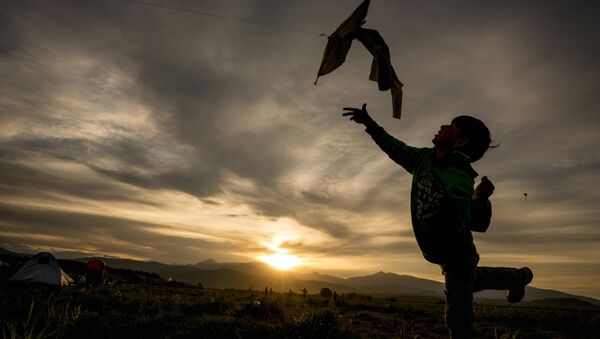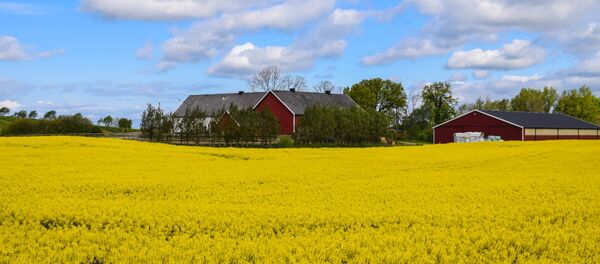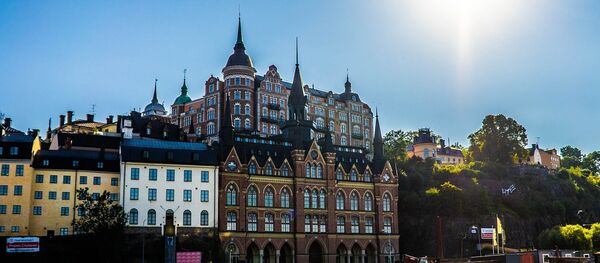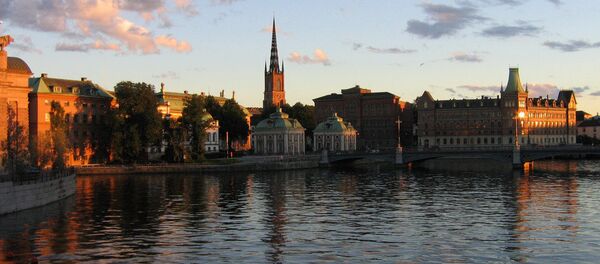The four children were placed in two foster homes in the Vivalla district of the city of Örebro. This area is on the police's list of socially vulnerable places that also happen to experience problems with violent religious extremism. One of the sons in the foster family was a convicted felon with two counts of assault. Another had traveled to Syria, where Swedish police suspect him to have joined Daesh. According to the Swedish authorities, it was nevertheless the best place to grow up for a refugee kid.
"It was a disaster. There were many problems there," one of the affected refugee children told Swedish Radio on condition of anonymity, describing the family as "crazy." On one of the occasions, the son had allegedly threatened his sister with a knife and threatened to kill her.
Claes Lagergren, social welfare officer at Täby Municipality, which referred the children to the dysfunctional home, was self-critical and admitted to having failed in his evaluation of the family.
"Of course, we cannot be proud of the fact that we failed to have done we should have," Claes Lagergren.
Overwhelmed by the influx, Swedish municipalities that were unable to arrange accommodation had to seek the service of foster families for a reward, as in the Vivalla case.
Earlier in January, the Swedish children's rights NGO BRIS said refugee children were a particularly vulnerable group, having experienced war and trauma, which increases the risk of mental problems.
Meanwhile, the proportion of unaccompanied children accepted into correctional facilities or custody has nearly doubled in two years. In 2016, one in three underage inmates belonged to this group, Swedish daily Svenska Dagbladet reported. The most common misdemeanors are substance abuse and vagabondage.






